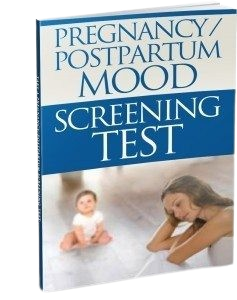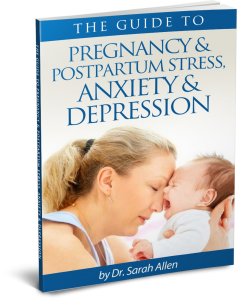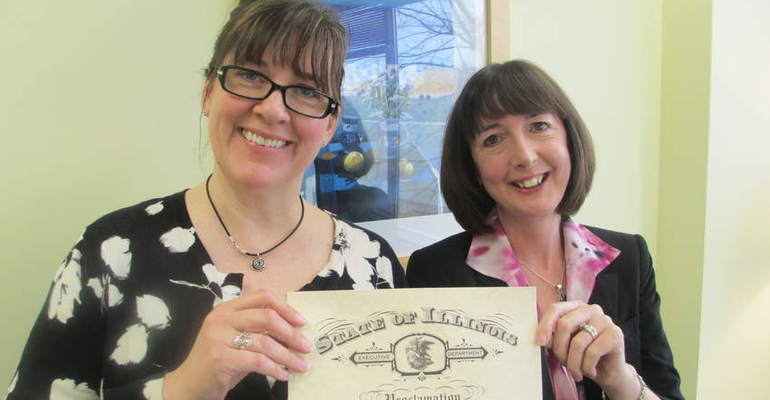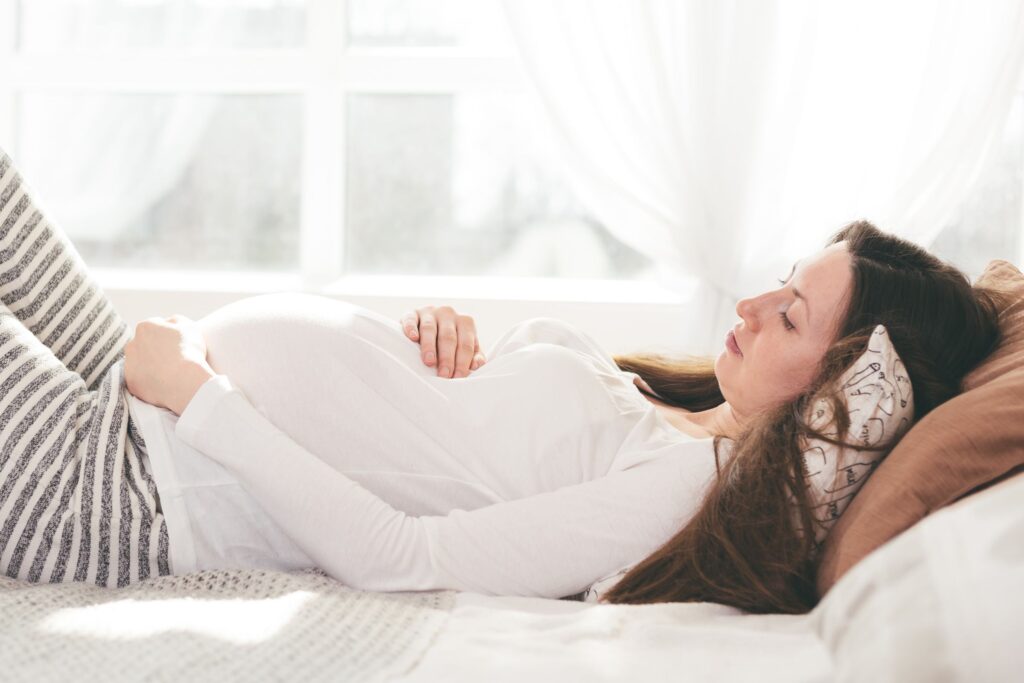
We women in the West expect our childbirth experiences to be joyful, fulfilling, a little painful perhaps, but worth it because of the bundle of joy we get at the end. For many women, giving birth is a happy, or at least a straight-forward experience, but not for everyone. New Mothers Speak Out, a report commissioned by not-for-profit maternity care group Childbirth Connection, suggests that nearly one in 10 U.S. women who have given birth meet the formal criteria for post-traumatic stress disorder resulting from their childbirth experience. Other research has shown that up to 6% of postpartum women are experiencing PTSD. It’s more common than you might expect!
In the mid-1990’s I worked as a psychologist in a large city hospital and part of my job involved working in the labor and delivery wards and also in the community with postpartum moms. I saw that the new moms I was counseling were sometimes experiencing either acute stress symptoms or more lasting PTSD symptoms. When I told my research supervisor that I wanted to do my dissertation on PTSD following traumatic childbirth she was adamant that only rape victims and soldiers get PTSD and I had to really fight to be able to do it. Luckily things have changed over the years and there has been growing recognition of childbirth as a possible trigger.
Research published in 2012¹ found that 7.8 percent of postpartum moms in their study exhibited partial post-trauma symptoms, and 3.4 percent exhibited symptoms of full-blown PTSD. Symptoms included flashbacks of the labor, the avoidance of discussion of the event, physical reactions such as heart palpitations during such discussions, and a reluctance to consider having another child. The lead author stated that they found that one of the most influential factors was pain management during delivery. “The less pain relief there was, the higher the woman’s chances of developing postpartum PTSD”. I also found in my study² that pain was a significant factor, along with past trauma and a woman’s belief that her baby would be harmed. These factors led to the women feeling out of control of her self or the situation. The out of control feeling was maintained when support was sought from staff or partners but wasn’t given.
Childbirth can be accompanied by very real and justified fear of danger as well as a fear about the baby’s well-being, not just her own. But I, along with other researchers, have also found that it doesn’t actually matter if the doctors think the delivery was straight-forward and without incident. It’s the woman’s perception of danger that is important. One woman I worked with experienced PTSD triggered by the pain relief she had been given for her emergency c-section wearing off and she had felt the doctors cutting in to her skin. I am sure I would be equally traumatized by that! Another woman though saw that the monitor that she was linked up to was beeping and feared that her baby’s life was in danger. In fact it wasn’t. The staff were just too busy (and perceived as uncaring) to take the time to explain what was happening. She thought her baby was going to die though and a woman’s subjective experience is just as real a trigger for PTSD as an actual threat to life.
Fortunately, women are resilient and can recover from traumatic childbirth. Although spontaneous recovery is rare and problems can persist without treatment, there is a growing recognition among childbirth professionals that it can and does happen so at least professionals now know that they need to refer such women for treatment. However, many women who experience PTSD after childbirth are still told that they have postpartum depression (PPD) and although women can experience both PTSD and PPD at the same time, they don’t always go hand in hand. A proper diagnosis by a therapist who has experience working with both trauma and postpartum mood disorders is important for treatment to be effective.
Journal References & Resources:
1. Inbal Shlomi Polachek, Liat Huller Harari, Micha Baum,and Rael D. Strous. Postpartum Post-Traumatic Stress Disorder symptoms: The Uninvited Birth Companion. IMAJ, VOL 14, June 2012. You can read details about this article on here.
2. Allen, S (1998). A Qualitative Analysis of the Process, Mediating Variables and Impact of Traumatic Childbirth. Journal of Reproductive and Infant Psychology – Analysis of Traumatic Birth
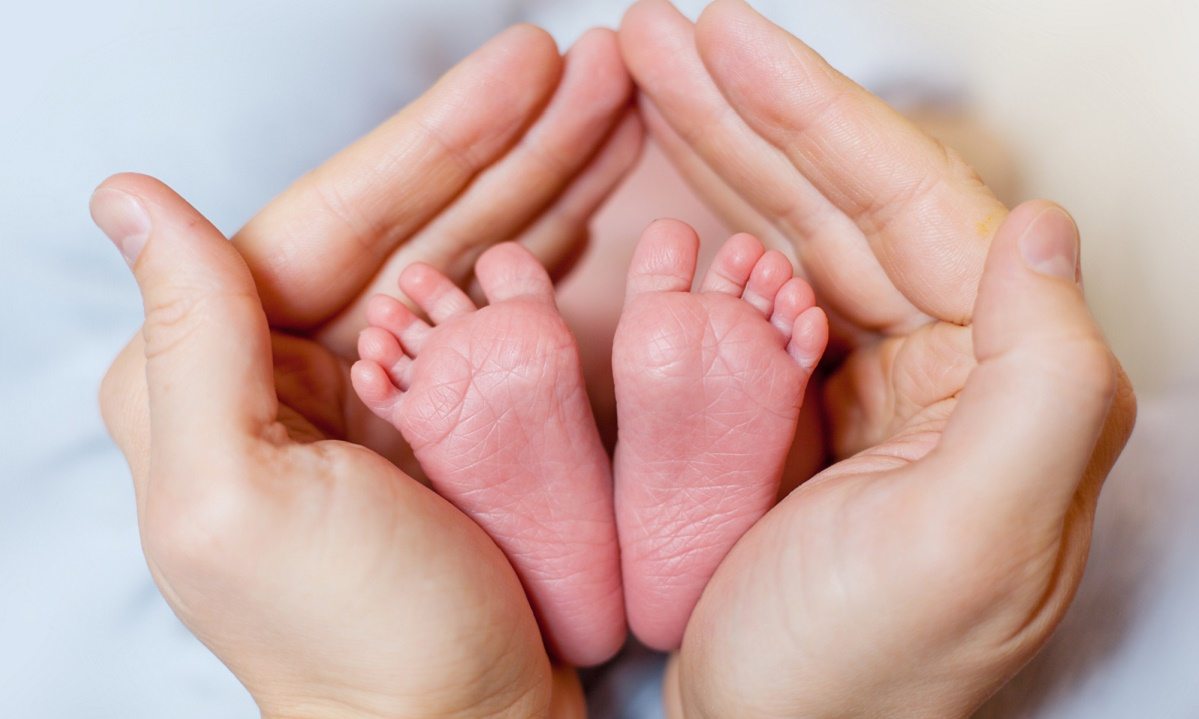
To read an article on birth trauma criteria and risk factors that was published in The Expectant Mother’s Guide click here PTSD Following Traumatic Birth Experiences
Tabs (short for Trauma & Birth Stress) www.tabs.org.nz is a great organization that has a lot of information on research and personal stories about birth trauma. Other great resources are www.givingbirthwithconfidence.org and www.birthtraumaassociation.org.uk.
If you would like to read more about how childbirth can influence your emotions please click below
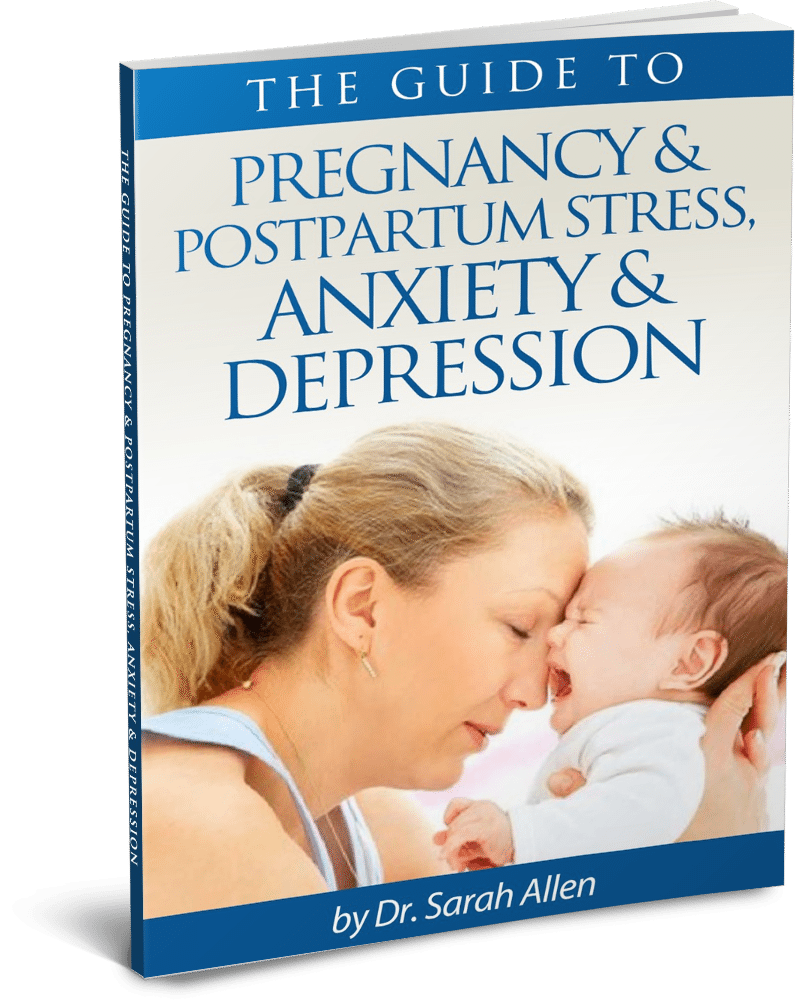
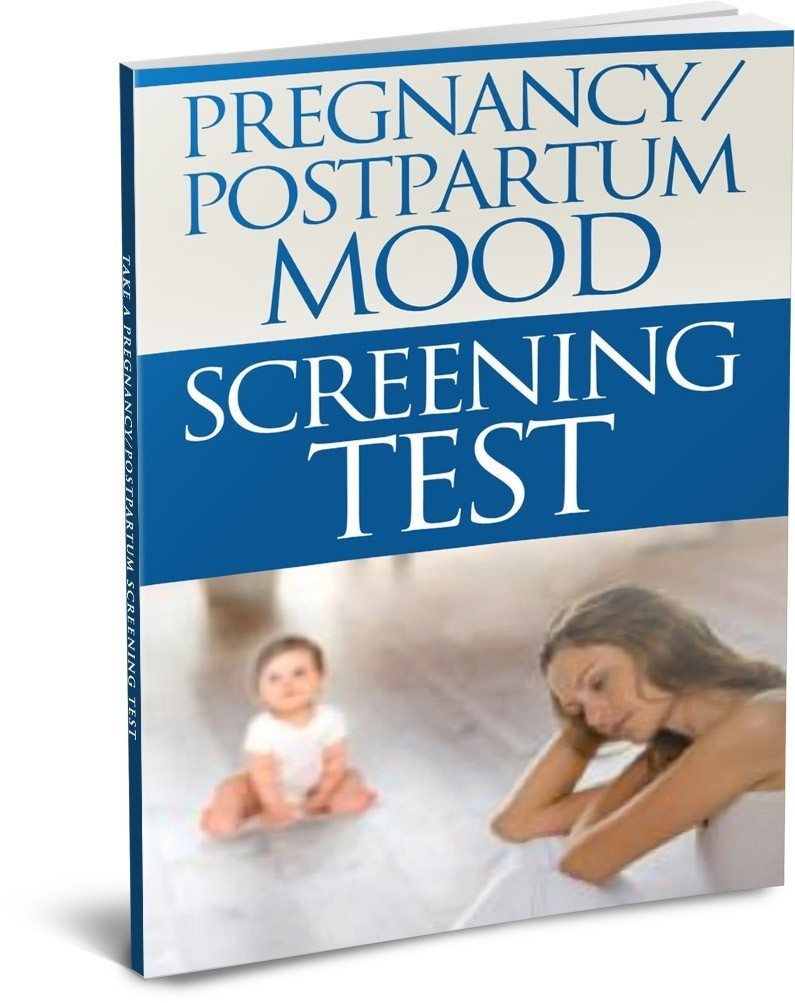
If you want to read more about maternal mental health download the FREE Guide To Pregnancy & Postpartum Stress, Anxiety & Depression. It is full of information about symptoms, different types of maternal mood disorders and advice about what to do to start feeling like yourself again.
Dr. Sarah Allen has 20+ years experience helping women transition to being the mom they want to be. She is also the Director of the Postpartum Depression Alliance of IL, a non-profit offering info and support to pregnant and postpartum moms and their families.
In her Northbrook office, in the North Suburbs of Chicago, or via telephone or online counseling she offers the most convenient way for you to access support and help.
If you have questions after reading this article or the Guide To Pregnancy & Postpartum Stress, Anxiety & Depression or have any questions about how counseling can be useful to your particular circumstances please contact me at 847 791-7722 or on the contact form.
If you found this information helpful please share!

Dr. Sarah Allen has 25+ years of experience in private practice helping women to transition to being the mom they want to be. She is the Founding Director of the statewide non-profit Postpartum Depression Alliance of IL. She also specializes in pregnancy loss & infertility & has published research on postpartum depression and traumatic childbirth.
If you would like to work with Sarah, please phone her at 847 791-7722 or on the form below.
If you would like to read more about me and my areas of specialty, please visit Dr. Sarah Allen Bio. Dr. Allen’s professional license only allows her to work with clients who live in IL, FL & the UK and unfortunately does not allow her to give personalized advice via email to people who are not her clients.
Dr. Allen sees clients in person in her Northbrook, IL office or remotely via video or phone.

What Can I Read That Helps Me While I Am Waiting For My First Appointment With Sarah?
If you feel that you may be experiencing pregnancy or postpartum mood disorder, or worry that you may be at risk of developing it, please download my free booklets below.
See each specific webpage to download one or many.
